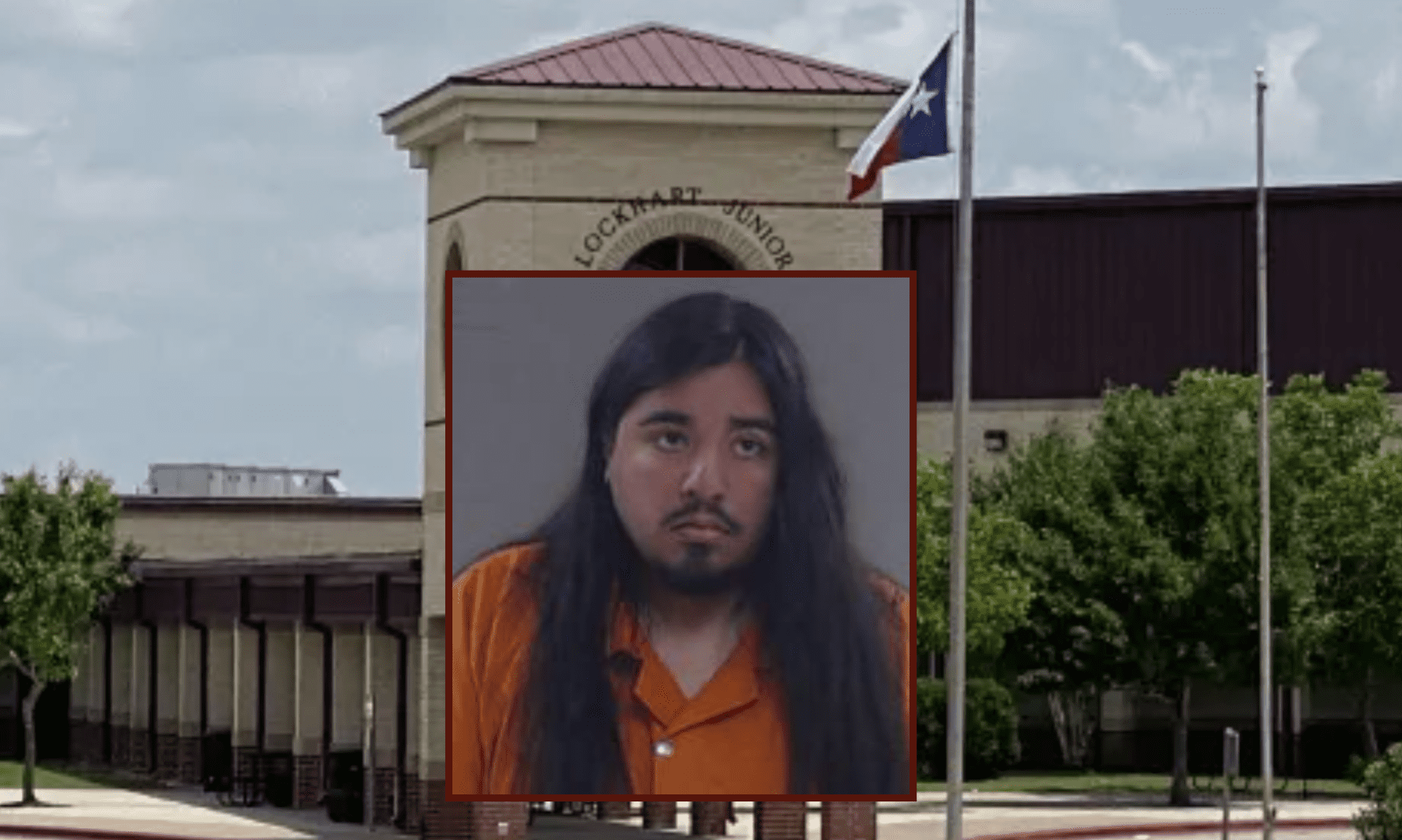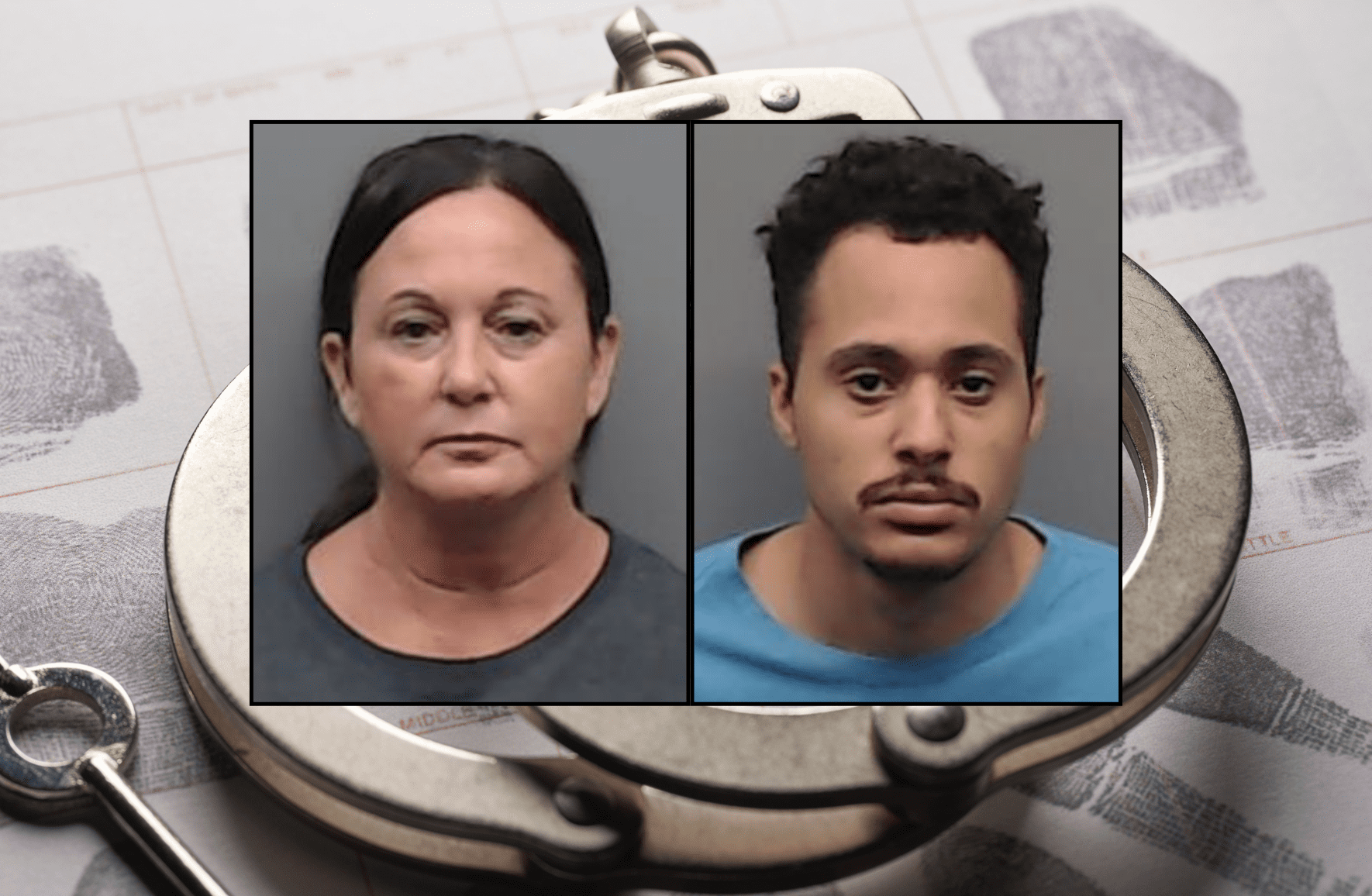UPDATE October 27 to include Fort Worth IDS’s tax increase election.
After months of hardship brought on by government responses to the Chinese coronavirus, are Texas voters willing to approve local officials’ requests for higher taxes and debt this November?
Many Texans are being asked to fund increases in local government spending, by either raising their own taxes or approving bond propositions that will grow local property tax-supported debt by millions or even billions.
Local officials have chosen a tough time to ask voters for more tax money, as families struggling with the financial fallout of government-mandated shutdowns have less enthusiasm than usual for increasing their tax burdens.
Thousands of business owners have had to close their doors permanently since Texas Gov. Greg Abbott issued his first statewide shutdown order in March, and over a million Texans are out of work. Latest figures reported by the Texas Workforce Commission show the state’s unemployment rate rose to 8.3 percent in September—more than double last September’s jobless rate.
At the same time, students have been kept out of government school classrooms for weeks and weeks, another hardship on struggling families.
Some cities and school districts say they won’t raise citizens’ property tax rates to pay back borrowed bond money, but all bond debt must be repaid (with interest) by local property taxpayers—meaning a larger tax burden for residents and businesses than if local governments didn’t spend the money.
A law passed last year now requires school districts to acknowledge the tax impact of bond debt by stating on the ballot propositions: “This is a property tax increase.”
Other local governments are openly trying to raise property taxes by so much they have to ask voters for permission by holding a Voter-Approval Tax Rate Election (VATRE). Look for these proposed tax hikes as separate ballot propositions.
If you live in North Texas, here are some of the tax and debt propositions you may see at the bottom of your November ballot:
Dallas Independent School District
Bond Amount: $3.7 billion ($6.2 billion with interest)
Per Student: $24,000 ($40,000 with interest)
Current Debt: $4.4 billion ($29,000 per student)
Propositions:
A: $3.3 billion – School facilities
B: $270 million – Technology equipment
C: $53.3 million – Stadium upgrades
D: $66.1 million – Performing arts theater
E: $33.5 million – Natatorium
The largest local debt proposal in Texas history, Dallas ISD’s $3.7 billion bond package would cost local taxpayers an estimated $6.2 billion with interest—a staggering sum on top of the $4.4 billion in bond debt and interest the district already owes.
District officials say they plan to issue the new 30-year bonds over a nine-year period. They wouldn’t be paid off until 2061.
According to the Dallas Central Appraisal District, the average Dallas ISD homeowner’s school property tax bills have already exploded over 67 percent in the past six years, from $1,758 to $2,949. Dallas is the second-largest district in the state with around 150,000 students, but enrollment has been steadily declining; since COVID-19 concerns closed classrooms, DISD has lost track of thousands of students.
The bond includes a controversial $41 million “racial equity” component to “right the wrongs of our past” by spending school-tax money on “school-community hubs”—neighborhood infrastructure and social services in and around schools targeted as historically underfunded.
Northwest Independent School District
Bond Amount: $987 million ($1.4 billion with interest)
Per Student: $39,000
Current Debt: $1.7 billion ($68,000 per student)
Propositions:
A: $938 million – School facilities and buses
B: $23.6 million – Recreational facilities
C: $8.8 million – Stadium
D: $16.5 million – Technology
E: VATRE – $1.47 per $100 valuation (7-cent increase)
One of the fastest-growing school districts in the state, Northwest ISD serves a northwestern section of the DFW metroplex including parts of Tarrant, Denton, and Wise counties.
The bulk of the proposed bond money would fund four new schools and three replacement schools over the next five years to accommodate a projected 5,000 new students (bringing the total to 30,000), along with various expansions and upgrades. Voters approved a $399 million bond in 2017.
The district’s website says “the NISD tax rate will not increase as a result of the 2020 bond election”—because the school board already set this year’s debt tax rate. However, the district acknowledges it can always raise the tax rate “sufficient to repay the bonds” (as is the case with all bond debt).
The 7-cent tax rate increase proposed by the VATRE would pay for district operations and maintenance—and would wipe out last year’s 7-cent rate reduction mandated by the state’s 2019 school finance reform law. The rate hike would rake in 17 percent more operating revenue from local taxpayers (an additional $33 million), plus $21 million more from the state.
Allen Independent School District
Bond Amount: $222 million ($308 million with interest)
Per Student: $10,000
Current Debt: $954 million ($43,000 per student)
Propositions:
A: $189.3 million – School facility updates and buses
B: $7.2 million – Athletic facility updates
C: $515,000 – Tennis court repairs
D: $25 million – Computers
In May 2019, voters in Allen ISD—home of Texas’ first megamillion-dollar football stadium—rejected a $422 million bond package as too extravagant. This year’s proposal is scaled back by almost half, but it may still be too much for residents to support in the current economic environment.
District officials say they plan to keep their property tax rate the same regardless of whether the bonds pass (again, because the school board has already set this year’s tax rate), and they are counting on increases in property values—including $600 million in new properties added to local tax rolls—to provide the extra revenue to pay off the new debt.
Data from the Collin County Appraisal District shows the average Allen ISD homeowner’s school tax bill went up 38 percent over the past six years, from $3,501 to $4,826. Trustees lowered the tax rate several times, but not enough to offset skyrocketing property values. During the same time, student enrollment went up just 7.7 percent, according to Texas Education Agency data.
Allen High School’s 2020 graduates will be 40 by the time the district’s current $954 million debt obligation is paid off in 2042.
Prosper
Bond Amount: $210 million ($327 million with interest)
Current Debt: $107 million
Propositions:
A: $30 million – Public safety facilities
B: $30 million – Parks and recreation facilities
C: $150 million – Streets and roads
Prosper officials estimate citizens will see up to a 7.5-cent (14 percent) property tax rate increase to fund the 20-year bonds, which would be sold over 10 years. The town lies mostly in Collin County, with a small portion in Denton.
Ponder Independent School District
Bond Amount: $75 million ($128 million with interest)
Per Student: $47,000
Current Debt: $18 million ($11,000 per student)
Proposition A: New high school, auditorium, future additions
The Denton County district says the new buildings are needed to accommodate projected growth from 1,600 to 1,900 students by 2027, which is when the district’s current debt will be paid off. The new bonds would be sold over a three-year period, with a projected payoff date of 2051.
Lucas
Bond Amount: $19 million ($25 million with interest)
Current Debt: $29.7 million
Proposition B: Fiber optic cable system for broadband internet service
While secured by local property taxpayers, city officials say the money will be a loan designed to be paid back by the service users at a preferred interest rate.
Ferris Independent School District
Bond Amount: $12 million ($20 million with interest)
Per Student: $4,300
Current Debt: $44 million ($16,000 per student)
Propositions:
A: $8 million – Classroom additions, transportation center
B: $4 million – Athletic facilities
Officials in the Ellis County district project that by 2028, student enrollment will grow from 2,735 to 3,265—90 percent of capacity—requiring extra classroom space. The district is relying on increases in local property values, as well as $220 million in new home construction over the next two to four years, to pay off the new debt while lowering the property tax rate.
Parker
Bond Amount: $9.5 million ($13.5 with interest)
Current Debt: $12 million
Proposition A: Municipal administration facility
Tax Rate Elections
In addition to Northwest ISD, these local school districts are asking voters to approve tax-rate hikes to recoup rate cuts mandated by the state in 2019. Last year’s school finance reform law House Bill 3 forced districts to lower their maintenance and operations tax rates and requires them to get voter approval to raise property taxes by more than 2.5 percent over the previous year’s operating tax revenue (excluding new property added to the tax rolls).
Arlington Independent School District
Proposition A: VATRE – $1.39 per $100 valuation (9-cent increase)
Arlington ISD’s proposed tax hike would increase the operating revenue collected from local property taxpayers by 12 percent ($36 million), plus an additional $18 million from the state.
According to the district’s website, the new tax rate would cost the owner of an average home in Arlington, which is valued at $208,985 according to the Tarrant Appraisal District, an additional $162 annually. The extra tax revenue would be spent almost entirely on salaries for administrators, teachers, and staff.
Last November, Arlington ISD voters approved $966 million in new bond debt on top of the $1.1 billion already owed by district taxpayers.
Fort Worth Independent School District
Proposition A: VATRE – $1.38 per $100 valuation (10-cent increase)
Fort Worth ISD officials say for every new tax dollar they collect locally, the state adds $0.50. The district’s proposed tax hike would collect $44 million more in operating revenue from local property taxpayers, plus an additional $22 million from the state. The money will pay for salaries and computer equipment to accommodate remote learning.
According to the district’s website, the average homeowner’s school tax bill would increase $157 annually.
Garland Independent School District
Proposition A: VATRE – $1.35 per $100 valuation (4-cent decrease)
Like other districts, Garland ISD was required by last year’s school finance reform to reduce its maintenance and operations tax rate for 2019 by 7 cents. This year, district officials want to get back that operating revenue, which pays mostly for salaries, and are proposing to offset the hike by dropping the debt service rate by almost 12 cents—a “swap and drop” that lowers the overall rate by over 4 cents.
The 7-cent hike would take in over 12 percent more operating revenue from local taxpayers ($25 million) plus an additional $17 million in state funding. The overall impact of the new tax rate on individual taxpayers depends on their future property valuations.
City Council and School Board Elections
Most of the local cities and school districts asking voters to raise their tax and debt burdens are also holding elections for city council members and school board trustees.
Voters can check with their county elections office to find out what local, state, and federal races are on their ballot, as well as information on polling place locations and hours.
Early voting is underway now through October 30 for the November 3 election.





